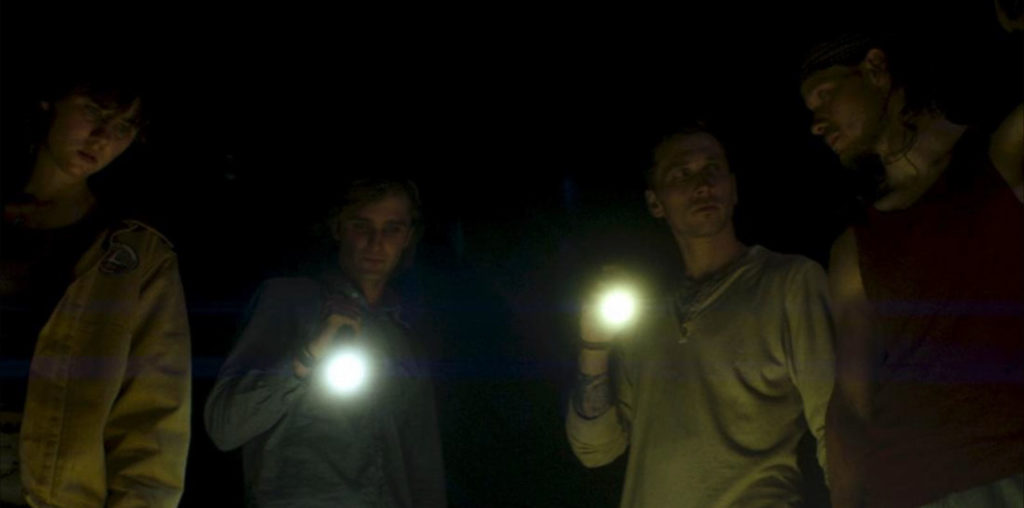
Certainly it’s a coincidence but the fact is Roger Michell hasn’t made a single feel-good film since September 11. Note the contrast: In 1999 he made Notting freaking Hill. Is there a more charming movie? In 2002 he followed that with Changing Lanes, quite possibly the bleakest picture in recent memory. It’s an entire movie about road rage!
This change in tone extends to the central relationships in his films. Early in his career, love was in the air-from the kind celebrated in his 1995 adaptation of Jane Austen’s Persuasion to the sort shared by gay friends in 1997’s My Night with Reg. Since 2001, though, Michell hasn’t made a movie featuring a romantically functional couple.
A woman seduces her daughter’s boyfriend in The Mother (2003). Peter O’Toole played an aging actor who kept separate living quarters for his wife in Venus (2006) and we all know what a sham Franklin and Eleanor Roosevelt’s marriage was. If we didn’t, the scales fell from our eyes after watching Hyde Park on Hudson (2012).
Le Week-End makes those look like Romeo and Juliet. Michell’s latest chronicles a trip to Paris by a pair of British boomers who go through the motions of rekindling their romance while going for one another’s jugular every chance they get. Nick (Jim Broadbent) and Meg (Lindsay Duncan) honeymooned in the City of Lights thirty years earlier. They purport to have come back to find the passion they once shared. Nick’s desperate to but what Meg’s really looking for, it becomes clear, is the right moment to say au revoir.
Because the film features a longtime couple looking back on their lives together with Parisian landmarks in the background, many reviewers have compared it to Before Midnight but that’s not the picture whose DNA it shares. This is Who’s Afraid of Virginia Woolf? with room service.
Like Liz Taylor’s Martha, Meg is alternately teasing and castrating. Like Richard Burton’s George, Nick’s short on self esteem and half believes he deserves what he gets-or, in the bedroom, doesn’t. Also like George, he’s a professor who suffers the curse of having once been promising. Meg’s bitterness at his failure to rise in stature consumes her. As conceived by screenwriter Hanif Kureishi, she’s a case study in domestic disappointment and one of the most authentic screen creations in ages.
Broadbent and Duncan have never been better. Their eyes and body language say as much as the dagger-sharp dialogue. Just when you’re sure some kind of critical mass has been reached and one more insight or insult will cause husband and wife to spontaneously combust, the most wonderful thing happens. No, they don’t find renewed love. They find something better: Jeff Goldblum.
Whether in a Wes Anderson film or on Portlandia, the actor’s always a pleasure to run into-the past few years have been the apex of his career-and our consciously uncoupling travelers are pleased to run into him too. At least initially. He plays Morgan, a classmate from Nick’s Cambridge days who’s become a famous author and intellectual-in other words, the man Meg wishes her husband had become.
The picture’s climactic sequence takes place at his chic apartment over a soiree where trays are passed, assignations proposed and souls bared. As it was for George and Martha, it’s a long dark night. Things get weird. Michell sees to it, however, that they never get dull or derivative and, whether your loyalties ultimately lie with Meg or Nick, rest assured you’ll be glad you spent Le Week-End with them both.
Come for the Paris sights; stay for the emotional bloodbath. C’est l’amour.
